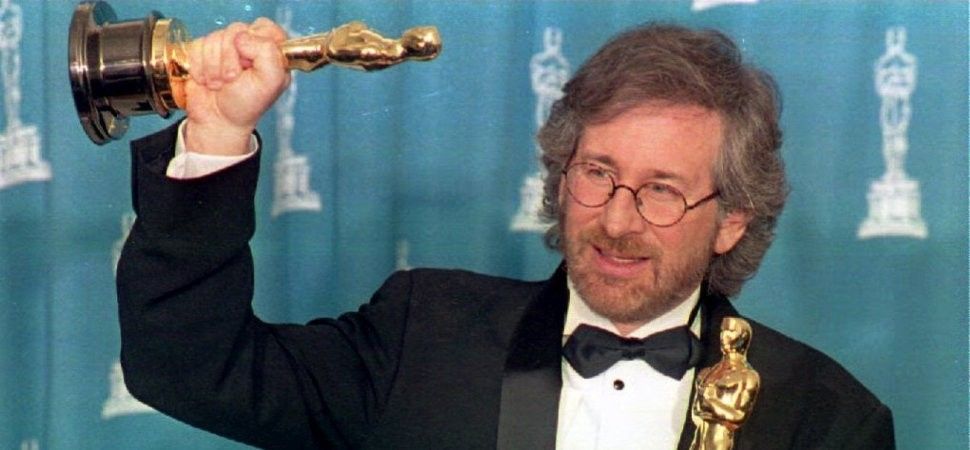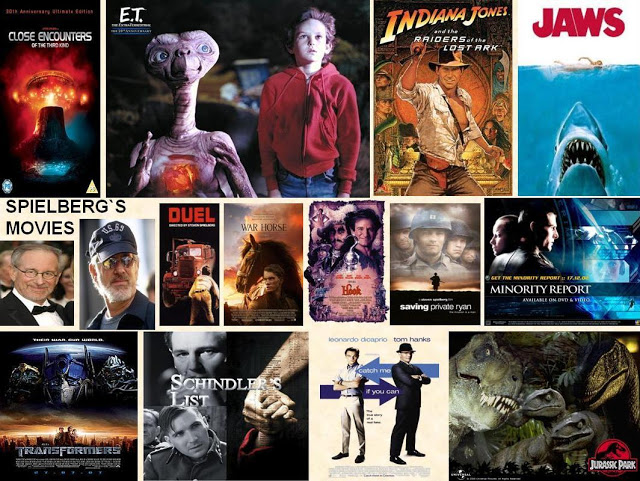“I will support you as strongly in failure as I will in success” - it was the one sentence that truly kickstarted his career. The words were spoken by Sid Sheinburg, the former president of MCA/Universal, to, the then 20-year-old, Steven Spielberg. Six golden globes, three Academy Awards, and numerous other nominations and awards later, Spielberg credits this sentence for allowing him to release his full creative potential as it allowed him to throw away lingering fears that he had of failure and ruining his reputation in the industry.

It was Spielberg who created the notion of blockbuster movies through all of his successful releases. Acknowledging that while many companies today highly discourage risk-taking behaviors that can result in failures, Spielberg credits his successes to his risk-taking and going against the status quo. When Spielberg was directing Jaws, the movie went over budget and before it was even released, critics were already talking about what a disaster it was going to turn out to be. Instead of taking their words to heart, Spielberg continued production and the movie went on to be one of the highest grossing movies of all time. It was his failures, like going over budget for Jaws, that allowed him to gain the knowledge and expertise that he needed to succeed and correct his errors. Spielberg believes that failures are extremely important in an industry as without it innovations within film would never take place and stay stagnant. Without experiencing forms of failure, Spielberg does not think that he would have had the confidence in himself to pursue directing, producing, and screenwriting in the creative ways that he has and, as a result, the film industry could be incredibly different than it is today.

Spielberg’s creative process is very internalized. He often states that he can’t turn his imagination off and often wakes up with some many new ideas that he can’t focus on anything else before he begins to explore them. Spielberg is always trying to find ways to get out of his comfort zone with ideas and push his own creativity. He believes that his best, most influential work that he is most proud of is the stuff that he was most afraid of at the time. Whether he was afraid of it because he wasn’t sure of the idea, was scared of failure, or was scare of how it would be perceived by others, it didn’t matter. He used the fears that he had to motivate himself to prove himself wrong. Collaboration also plays a large role in Spielberg’s creative process as it is impossible to direct, produce, or write a movie script without interacting with others on the set. Spielberg uses his colleagues that he is working with on set to bounce his ideas off of. This collaboration allows him to see how his ideas translate in the real world and how others react to them. Collaboration is an important part of Spielberg’s creativity that has led to his massive success.
Spielberg is intrinsically motivated; he isn’t in the industry for the money. He has said on numerous occasions that while money comes as a result of his successes, his goal has never been making money. Instead, he wants to create work that inspires and captivates his audiences. When making children's films, he is often quoted saying that he wants to show the children watching his movies that they can do anything that they put their minds to. Spielberg believes that motivating and pushing the creativity of children at a young age is important to them being able to feel confident enough in their abilities as an adult to truly pursue their dreams. It’s this intrinsic motivation that Spielberg has that has resulted in blockbuster hits that created huge waves in the industry such as E.T., Indiana Jones, Jurassic Park, and Jaws. Without Spielberg, the industry could have been very different.

Sources:
https://screencraft.org/2018/04/27/cinematic-storytelling-wisdom-steven-spielberg/
https://www.learningtogive.org/resources/spielberg-steven
I love Steven Spielberg's movies! I remember the first time I watched E.T. and thinking, wow this is so good. I really enjoyed reading your post. I like how you commented on the importance of failures on the road to achieve success. I think one of the most important lessons when striving for any goal is to never give up. If you fall, get back up, brush yourself off, and try again. I also agree that stepping out of your comfort zone and taking risks often leads to some of the best and most creative products. It was really interesting how going over budget led to one of the highest grossing movies of all time. I believe Spielberg is a great example of the creative process at work, and we should all be taking some pointers from him!
ReplyDeletePersonally I do not know much about Spielberg, other that the fact that he's a household name when it comes to blockbuster movies. I enjoyed getting to dive a little deeper into his creative processes and I really liked that you talked about his motivation. For some reason I was somewhat surprised to find out he is more intrinsically motivated, not that I have anything to base that on, it was just fascinating. I think he's a very creative individual, and I think most of Hollywood would also agree with this, so this was a great example for you to choose for this post.
ReplyDeleteI really like your post! I think it is interesting that in such a creative field such as film there are such critics of people's work even before the product has launched for the world. I think that this type of criticism would hinder creativity and encourage stagnation. I also think it is interesting that Spielberg said that he could not turn his imagination off, that it was on all the time. I think this is an interesting concept because for some people including myself sometimes I have to force myself to think and be creative. I think it is also important to note that he was intrinsically motivated and he did not care what others thought. I think this is an important characteristic in those that aim to innovate.
ReplyDelete